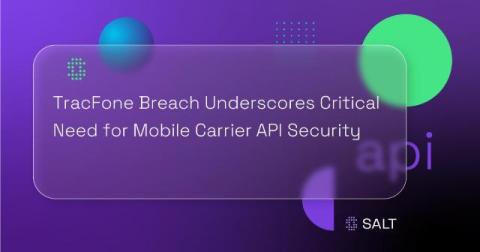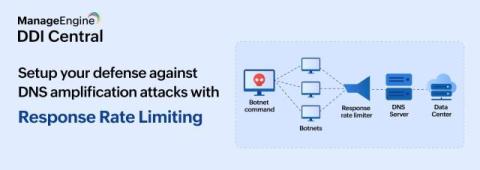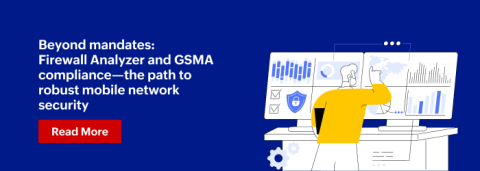Exploring the Impact of NIST SP 800-53 on Federal IT Systems
NIST SP 800-53 is a framework developed by the National Institute of Standards and Technology (NIST) that provides guidelines and best practices for securing federal information systems and protecting the privacy of individuals whose information these systems handle.











